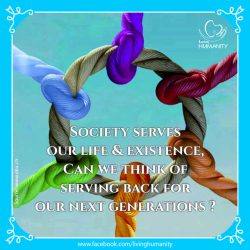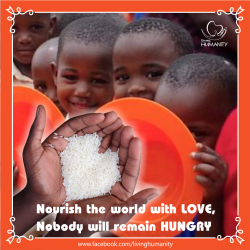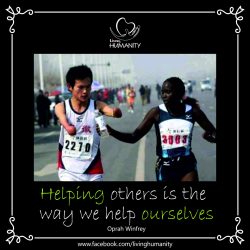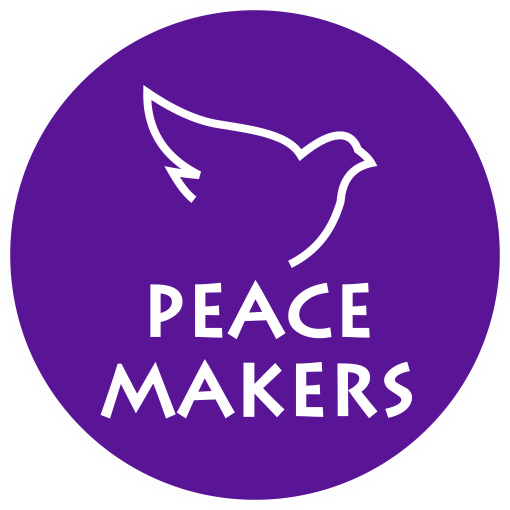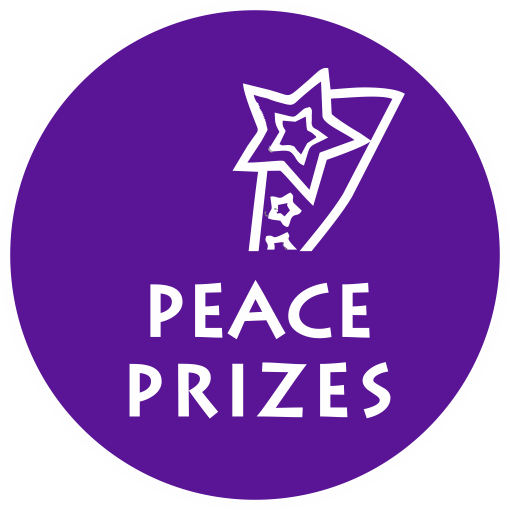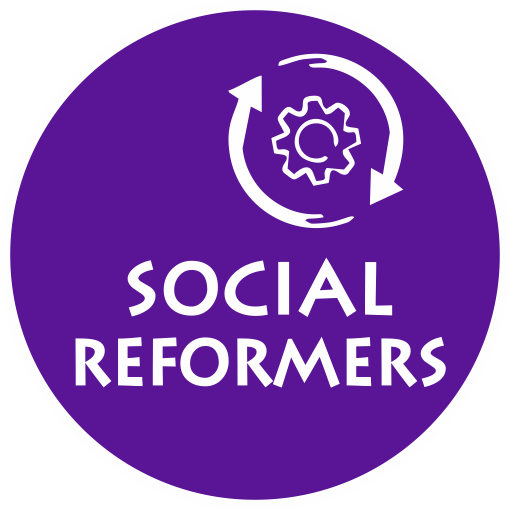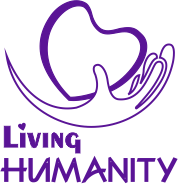Civil Courage Prize
Civil Courage Prize
The Civil Courage Prize, inspired by the life of Soviet dissident Alexander Solzhenitsyn, is an award that acknowledges steadfast resistance to evil at great personal risk. The goal of the prize is to showcase individual heroes who deserve recognition. The winner of the award, established in 2000 by the Northcote Parkinson Fund, is chosen among the nominations submitted by the international non-governmental organizations. The ceremony is held in New York or London, and keynote speakers in the past have included British Home Secretary Douglas Hurd and Chilean President Michelle Bachelet. In 2007 the fund’s name was changed to The Train Foundation in honor of the Train family and their contribution over the years.
Please Select table

























